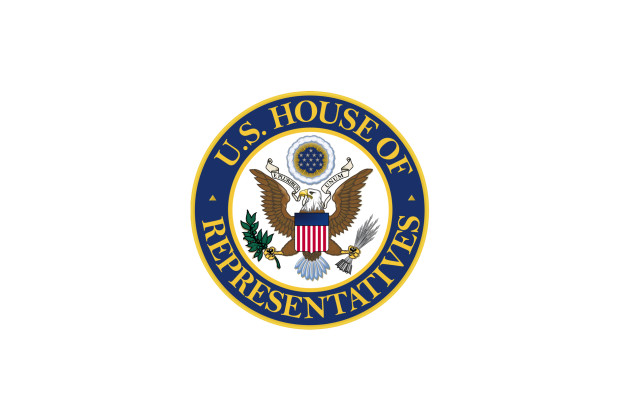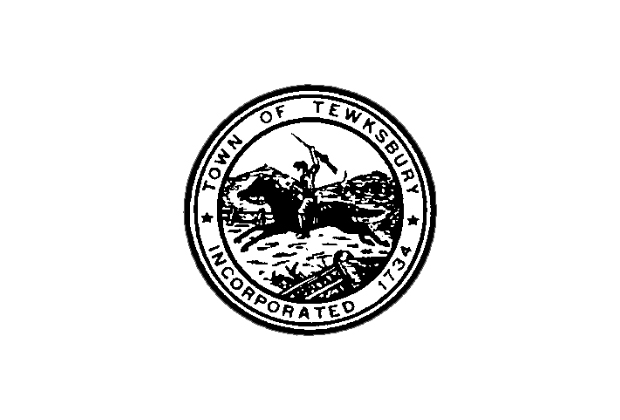One of the strongest federal anti-tobacco bills proposed in recent memory passed its first hurdle earlier today.
The U.S. House of Representatives Subcommittee on Health passed H.R. 2339, also known as the Reversing the Youth Tobacco Epidemic Act of 2019. It is one of four pieces of legislation that have been introduced in Congress this year that would increase the federal minimum age to purchase tobacco products from 18 to 21, but 2339 goes well beyond that.
In addition, the bill would also:
- Ban Online Sales of Cigars & E-Cigarettes — Two years after the bill is passed, non-face-to-face sales of tobacco or vaping products would be banned. This would ban all online cigar sales, all orders placed over the phone or through a catalog. It’s already illegal to sell cigarettes in a non-face-to-face manner.
- Ban Flavored Tobacco Products — All flavorings, other than tobacco flavorings, would be banned. The bill was amended to include more money for tobacco cessation for products, specifically due to concerns that African-Americans would feel uniquely targeted by the ban on menthol cigarettes. Tobacco cessation devices that are approved by the U.S. Food & Drug Administration (FDA) would be exempt from the ban on flavors.
- Increase User Fees — The bill would add an additional $100 million annually to FDA’s Center for Tobacco Products budget, paid for by user fees. The Tobacco Control Act has gradually increased the total budget for CTP by around $30 million annually, however, those increases stop after FY2019, where the budget is $712 million.
- E-Cigarettes/Vaping Products Would be Charged User Fees — The only positive part of the bill for the cigar industry is that it would likely be subject to lower user fees. Currently, e-cigarettes and vaping products don’t pay user fees, however, those products would be subject if H.R. 2339 is passed. Because user fees are a total number (currently $712 million) split between the industries, it would likely result in lower user fees for cigars. Currently, most companies pay less than 5 cents per cigar in user fees.
- Graphic Warning Labels for Cigarettes — It sounds like the supporters of the bill are needing more guidance from FDA for this issue, but H.R. 2339 would require graphic warning labels for cigarettes to be required within two years of passing. This would not apply to cigars.
- Ban Cigar Companies from Producing Most Swag, Sponsoring Events & Other Marketing Restrictions — The bill’s text was updated to include additional language that would apply restrictions that cigarette companies must adhere to under the Master Settle Agreement to extend to non-cigarette tobacco companies, including cigar companies. These would likely mean that companies would not be able to produce swag or any other non-tobacco products with logos or images that are the same as cigar brands. These restrictions would also ban companies from sponsoring golf tournaments or other events, like a cigar area at a beer festival. Because the language seems directly pulled from MSA, there’s a weird clause that would allow the company, but not the brand, to sponsor an event so long as the company was in business prior to Jan. 1, 1995.
- A Potential Ban on Buy 5, Get 1 Free — The MSA-related language would also prevent manufacturers, distributors and retailers from gifting cigars as part of a purchase. This seems like a fairly unintentional consequence and retailers could easily get around it by just temporarily lowering the price of a cigar, but the language could make it illegal.
H.R. 2339 now moves to the full U.S. House of Representatives for approval. While the bill could pass the House, it’s unclear whether it would make it to the Senate floor.
Senate Majority Leader Mitch McConnell, R-K.Y., introduced his own bill that would increase the minimum age to purchase tobacco products from 18 to 21, however that bill did only that. It’s unclear whether McConnell would support further regulation. Without his support, the bill cannot be voted on in the Senate.
Last week, President Donald Trump suggested that the White House might call for increasing the minimum age to purchase vaping products to 21, though it’s unclear whether those plans would also affect traditional tobacco products.
With today’s enactment of New York’s new tobacco law, there are now 18 states where you must be at least 21-years-old to purchase tobacco.



